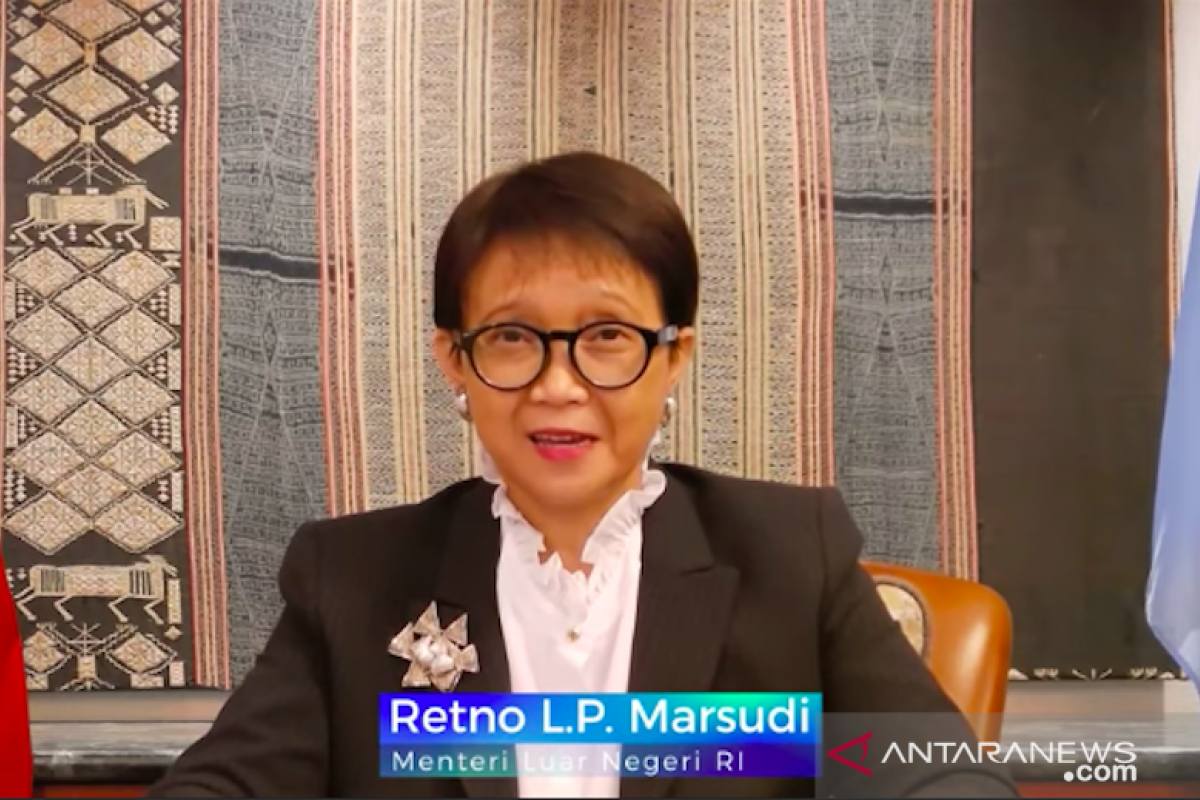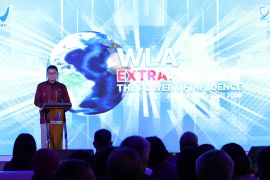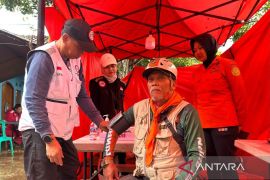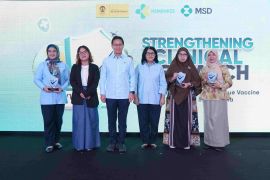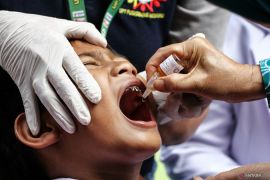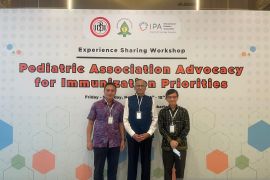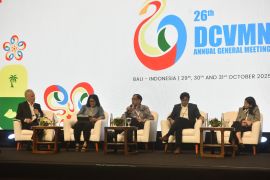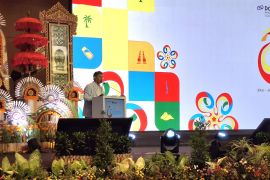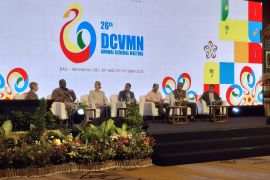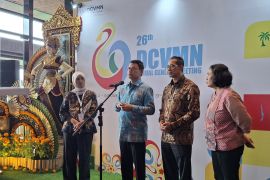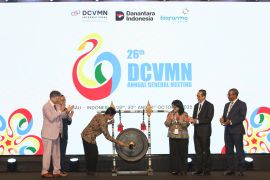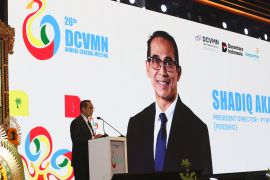During the meeting, which was also attended by co-chairs of the COVAX Advance Market Commitment (AMC) Engagement Group, she raised the issue of vaccine supply constraints while conveying Indonesia's interest in becoming a vaccine hub.
"Vaccine producers must be able to increase their production capacity. It is time for developing countries to be included in the global vaccine supply chain," the Foreign Minister said while delivering an online press statement on Wednesday.
Increasing the production or supply of vaccines is considered one of the important efforts to meet the target of vaccinating 70 percent of the world's population by mid-2022, she noted.
Related news: COVID-19: Indonesia to manufacture two vaccine types in 2022
To achieve this target, the World Health Organization (WHO) has said that the world needs at least 11 billion doses of the COVID-19 vaccine, she pointed out.
"When we talk about the vaccine supply chain, I mention that the establishment of an mRNA vaccine manufacturing center that has been carried out in South Africa should be replicated in other regions to accelerate the increase in vaccine production," Marsudi said.
In addition to seeking an increase in production, Indonesia has also continued to encourage the mechanism for dose-sharing between countries with excess doses of vaccines and low- and middle-income countries, she added.
At the meeting, Marsudi, as one of the co-chairs of the COVAX AMC EG, also emphasized the importance of countries that have excess vaccine doses sharing their doses more transparently, conveying delivery times, and avoiding sharing of vaccine doses that have expired.
Another issue that Indonesia highlighted at the interactive meeting between the Gavi Council and the AMC EG chairmen was vaccine discrimination, the minister said.
Related news: Marsudi discusses vaccine logistics, stresses on equity at COVAX meet
Marsudi said she expressed concern about the trend of vaccine discrimination, following the entry ban imposed by several countries on cross-border travelers even though they have been immunized using vaccines that have obtained issued emergency-use permits from the WHO.
There are also countries that are allowing foreign nationals to enter their territory as long as they have received a booster that is recognized by their authority, she pointed out.
“During the meeting, I asked WHO, Gavi, and the COVAX Facility to make a joint effort to prevent this vaccine discrimination. The Gavi Council is also very worried about this discrimination and will try to deal with it together with WHO," the minister said.
The meeting of the Gavi Council and the chairmen of COVAX AMC EG was held virtually to provide inputs to the Gavi Council for formulating further strategies to better address the challenges of COVAX member countries.
Related news: COVID-19 presents new form of inequality, discrimination: Marsudi
Translator: Yashinta D, Azis Kurmala
Editor: Suharto
Copyright © ANTARA 2021
